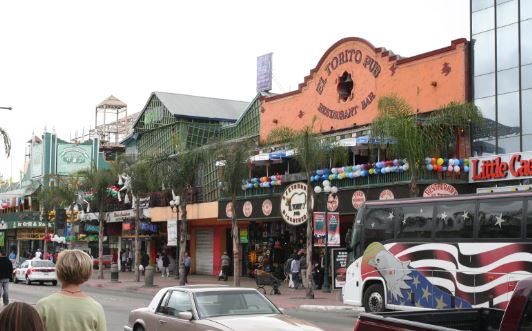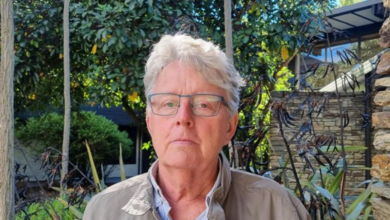The Tijuana Tragedy: A Tale of Corruption and Retribution in Mexico

In the Mexican border city of Tijuana, a grim narrative unfolded that could rival the plot of a dramatic television script. Enraged drug lords embarked on a killing spree targeting corrupt police officers accused of stealing a significant drug shipment. This incident marks a new depth in the corruption and violence plaguing Tijuana, a city already notorious for its high homicide rates.
In mid-November, a group of local and state police officers in Tijuana allegedly conspired to seize a large quantity of drugs from a trafficker’s warehouse. This bold heist was captured on video, showing the officers loading their pickup truck with large bales of cocaine. The state prosecutor’s office has confirmed that investigations are underway involving three state detectives and several municipal police officers.
The drug cache is believed to have belonged to the Sinaloa cartel, particularly a faction led by the notorious Ismael “El Mayo” Zambada. The cartel’s swift awareness of the culprits’ identities led to immediate and brutal retribution. Within hours of the heist, several attacks occurred, including shootings at the federal prosecutors’ office and the killing of one of the involved municipal police officers in Tijuana. Further attacks followed, targeting the state prosecutors’ office and another state detective.
The situation in Tijuana is compounded by its history of violence and corruption. Alberto Capella, former head of Tijuana’s police force, recalls the challenges he faced, including an assassination attempt and the need to dismiss a significant portion of the police force due to corruption. He expressed deep concern about the current events, underscoring the unprecedented scale of this incident in Tijuana’s troubled history.
The city has witnessed a dramatic increase in murders since 2017, largely attributed to turf wars between the Jalisco New Generation and Sinaloa cartels, along with other criminal groups. This pervasive violence has spared no one, with victims ranging from singers to journalists. In a notable response to the violence, Tijuana’s city council banned the performance of drug ballads, known as “narco corridos,” which often glorify traffickers.
This incident in Tijuana highlights the deep-seated issues of cartel violence and police corruption, painting a troubling picture of the challenges facing Mexican law enforcement and the broader implications for public safety and governance in the region.





